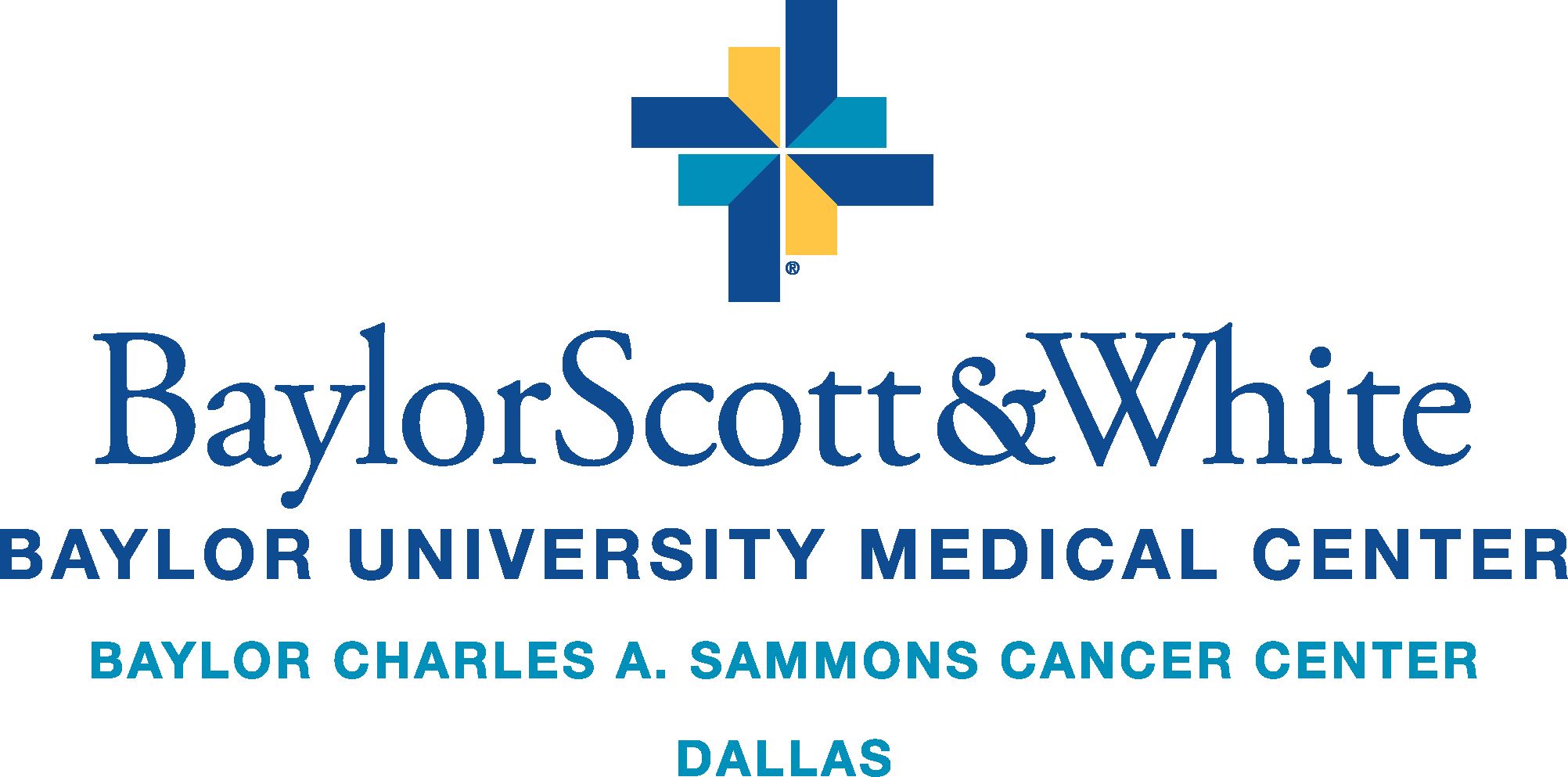
Dr. Konduri Discusses Promise of NGS Testing in NSCLC

Kartik Konduri, MD, medical director, Chest Cancer Research and Treatment Center, Baylor Charles A. Sammons Cancer Center, Baylor Scott & White Health, discusses the promise of next-generation sequencing testing in patients with non–small cell lung cancer.
Kartik Konduri, MD, medical director, Chest Cancer Research and Treatment Center, Baylor Charles A. Sammons Cancer Center, Baylor Scott & White Health, discusses the promise of next-generation sequencing (NGS) in patients with non—small cell lung cancer (NSCLC).
Because HER2, MET, and NTRK are quite rare in NSCLC, it can be a challenge for physicians to detect these alterations. NGS has emerged as the preferred method of genetic testing in many academic centers because they enable physicians to detect these alterations with one test, Konduri says. When physicians find these genetic abnormalities in patients, they can potentially pair the patient with an effective targeted therapy.
Over the next few years, Konduri predicts that the technology behind NGS will improve. It will become a simple test for physicians to use in the future. However, that doesn’t eliminate the challenge of gathering sufficient tissue samples from patients, notes Konduri. As such, liquid biopsies will have to be further refined in the absence of sufficient tissue samples.






































